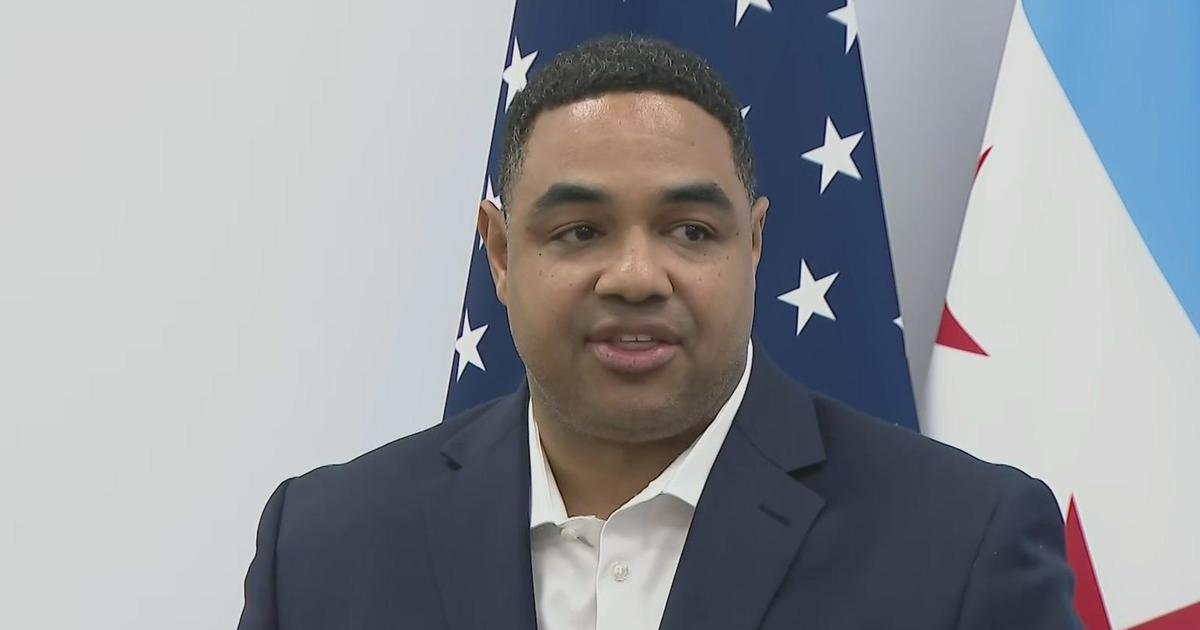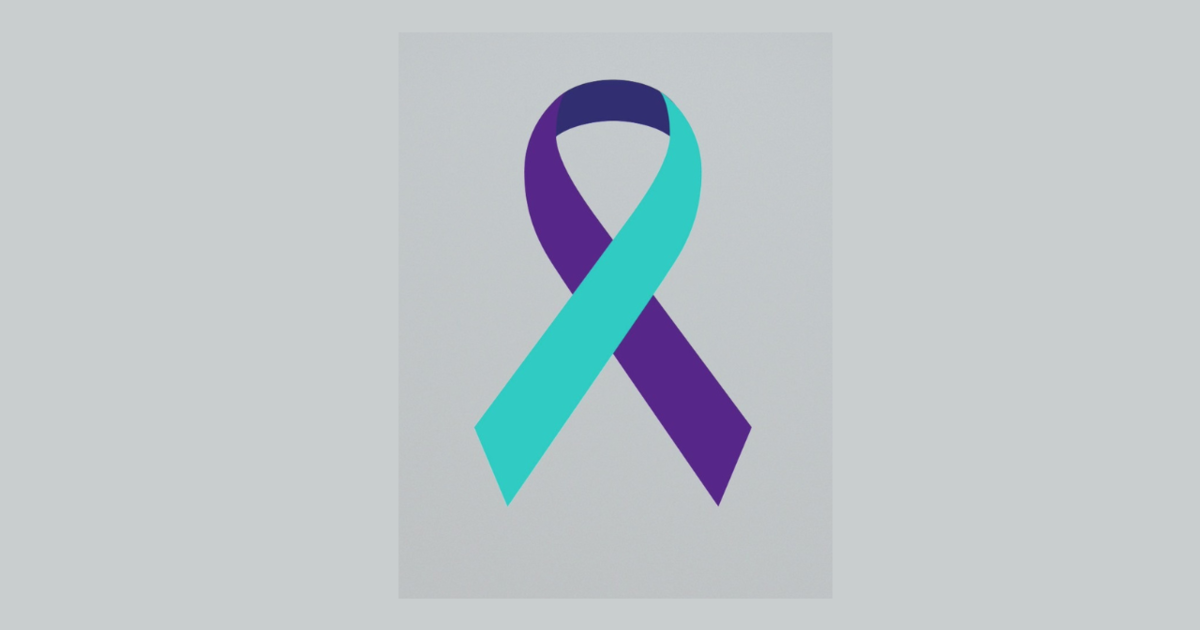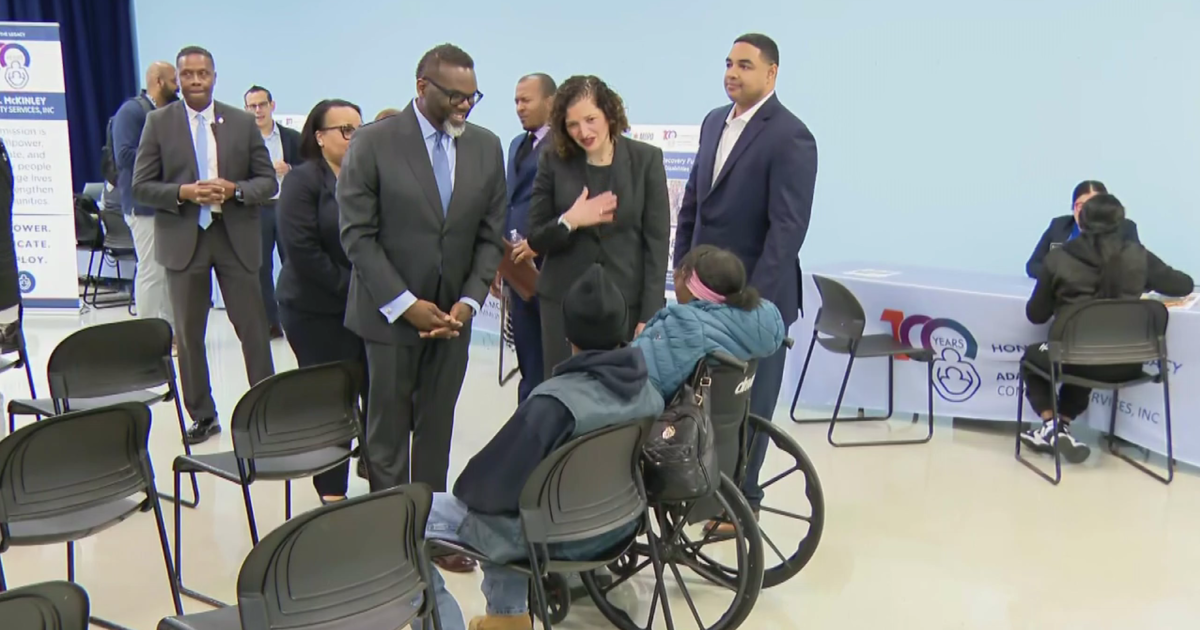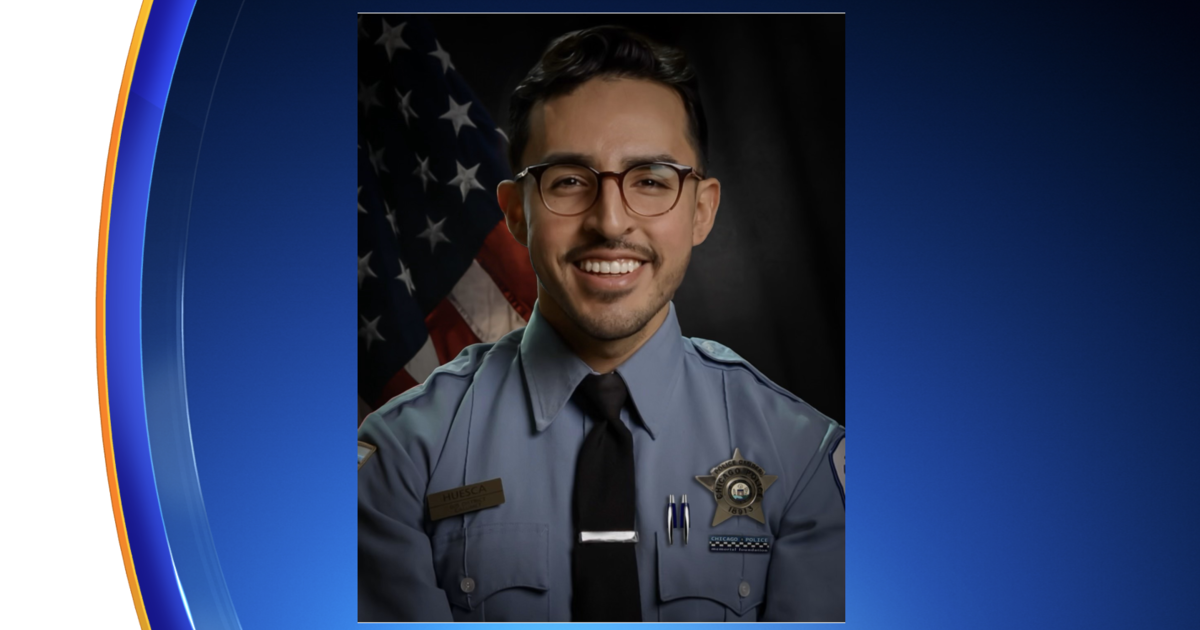COVID-19 In Chicago: As Next Phase Of Vaccinations Approaches Next Week, City's Top Doctor Says 'My Main Word For You Is Patience'
CHICAGO (CBS) -- As Chicago prepares to move to the next step in its COVID-19 vaccination plan, Chicago Public Health Commissioner Dr. Allison Arwady preached patience for those hoping to get inoculated, noting it will likely be weeks before most people eligible for Phase 1B can actually get a shot, due to the limited number of doses available.
On Monday, Chicago will begin Phase 1B of vaccine distribution, along with the rest of the state. During Phase 1B, vaccines will be available to people 65 and older; and non-healthcare frontline essential workers such as police officers, firefighters, correctional workers, teachers, grocery store workers, public transit employees, postal workers, daycare workers.
Arwady noted there are approximately 360,000 people in Chicago over age 65, and another 300,000 working in essential industries eligible for Phase 1B. However, the city is receiving only about 34,000 doses of vaccine per week, or enough for about 5% of those eligible for the vaccine each week.
Arwady also said that, just because Chicago will be moving to Phase 1B does not mean those eligible for a vaccine in Phase 1A (frontline healthcare workers and people in long-term care facilities) will lose their turn. People in Phase 1A will continue to get vaccines as needed going forward.
"We do not have anywhere near enough vaccine to vaccinate anywhere near the number of people who are going to want to get vaccinated on Monday," Arwady said.
During Phase 1B, vaccine providers will still be prioritizing frontline healthcare workers and people with underlying health conditions for the vaccine, so those at lower risk will have to wait.
"Particularly if you are in your 60s, or you don't have a lot of underlying conditions, I want you to understand it is likely to be a number of weeks before you are able to receive the vaccine," Arwady said. "My main word for you is patience."
Arwady said there are four basic ways people will be able to get a vaccine:
- through their primary care physician, federally qualified healthcare center, or hospital;
- through pharmacies;
- through dedicated vaccination sites;
- or through their employer.
Most people will get the vaccine through their doctor, according to Arwady, and the city already has sent notices to every licensed physician in Chicago on how to register for administering the vaccine. The city also has enrolled more than 100 pharmacies to give out the vaccine. More information on how to sign up for that will come out on Monday, but health care providers can go to the city's website to find out how to register.
Appointments will be required for anyone who wants to get a vaccine during Phase 1B, meaning you won't be able to simply walk up to a pharmacy or a mass vaccination site to get a shot.
"We want to make sure there are doses available for when you have an appointment. We want to make sure we don't have people – especially older people or people who may have other vulnerable conditions – waiting outside in a January, February Chicago, and we really want to make sure that all of the appropriate social distancing, registering, safety procedures related to monitoring are in place," Arwady said.
Arwady said she's encouraged that the Biden administration has pledged not only to ramp up production and distribution of vaccines at the federal level, but has vowed more transparency around vaccine availability than the Trump administration.
However, she said the city still isn't expecting a significant increase in vaccine distribution for at least three weeks.
"Knowing that lets us plan more and lets us communicate better with you about why you may not be able to get an appointment that first week, that second week, that third week," she said.
So far, a total of 112,231 residents of Chicago have received a COVID-19 vaccine, according to the Chicago Department of Public Health. That does not include healthcare workers who live outside the city who received the vaccine from an employer in Chicago.
During Phase 1C, all other essential workers and anyone between 16 and 64 years old with an underlying medical condition would qualify for the vaccine. During Phase 2, everyone in Chicago age 16 and older can get a vaccine.
Arwady said it's unlikely children under the age of 16 will be able to get the vaccine until this summer at the earliest, as they weren't included in the original trials of the existing vaccines, and experts are still working to determine if they're safe for children.
To get updates on when and how you can receive a vaccine, you can sign up for the city's Chi COVID Coach system.
Meantime, Arwady said she hopes the city will be able to roll back current COVID-19 restrictions and allow for indoor dining at restaurants and bars by next week. Chicago is currently in Tier 2 of the state's virus mitigation plans and must move to Tier 1 in order to allow for limited indoor dining.
To move from Tier 2 to Tier 1, a region must have a 7-day average test positivity rate below 8% for three days in a row, have at least 20% of its hospital beds and intensive care unit beds available for three consecutive days, and have no sustained increase in COVID hospitalizations for 7 of the past 10 days.
Arwady said the city already meets the hospitalization metrics to enter Tier 1, but has not yet moved its test positivity rate below 8% for three days in a row. She said the city's positivity rate has been at 8% for the past couple days, so if it can move below 8% soon, the city could enter Tier 1 by next week if the rate continues to drop.
"As always, we continue to follow the metrics," Arwady said. "The way things are going I think it may be able to happen within a week."
Also From CBS Chicago:



